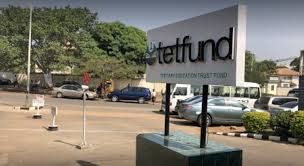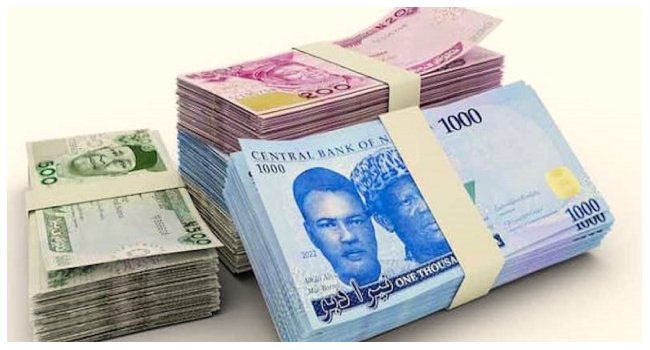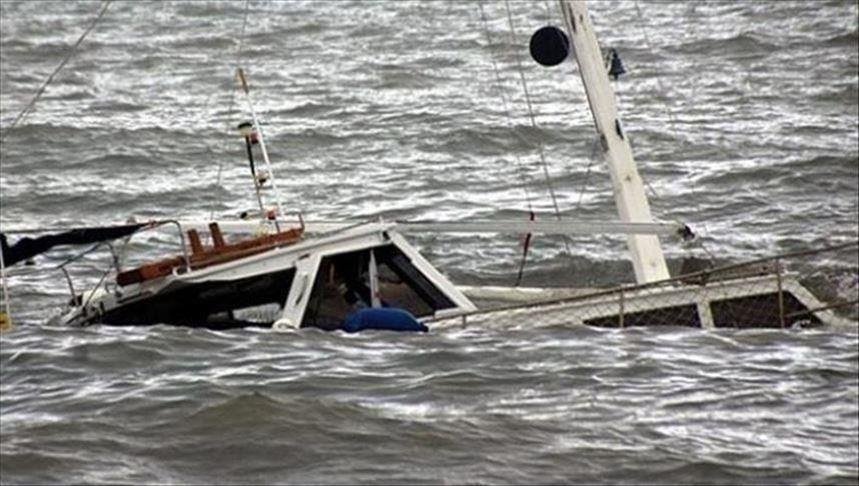The Nigerian government has announced an investment of N100 billion aimed at rehabilitating 18 selected medical schools across the country, addressing a critical shortage of 300,000 doctors.
“Today, we are deploying over 100 billion Naira investments in our medical institutions across the country,” said the Minister of Education, Dr. Tunji Alausa, during the inauguration of a Ministerial Monitoring Committee in Abuja on Tuesday.
The funding includes N70 billion for infrastructure rehabilitation and N15 billion for new hostels, alongside the establishment of medical simulation environments in 76 institutions.
Dr. Alausa stressed the need for modernisation, stating, “We can’t continue to do what we did 50 years ago today. The world has changed.” He highlighted the importance of blended learning and expanding student enrolment, noting that some universities, like the University of Ibadan, should accommodate over 100,000 students instead of the current 20,000.
The initiative is part of the Nigeria Educational Sector Renewal Initiative, which aims to enhance medical training capacity by modernising key infrastructures such as lecture theatres and laboratories. “This project is a deliberate response to the urgent need to expand our medical training capacity,” Dr. Alausa added.
Minister of State for Education, Prof. Suwaiba Ahmad, underscored the initiative’s dual impact on education and healthcare, stating, “Through your collective efforts, we can significantly impact the future of medical education in Nigeria.”
Chairman of the TETFund Board of Trustees, Mansari Aminu called for sustained investment over five years to ensure impactful results, urging university administrators to prioritize national interests.
Earlier, the TETFund Executive Secretary, Arc. Sonny Echono described the intervention as “important and timely,” aimed at improving facilities to better train future healthcare professionals.



